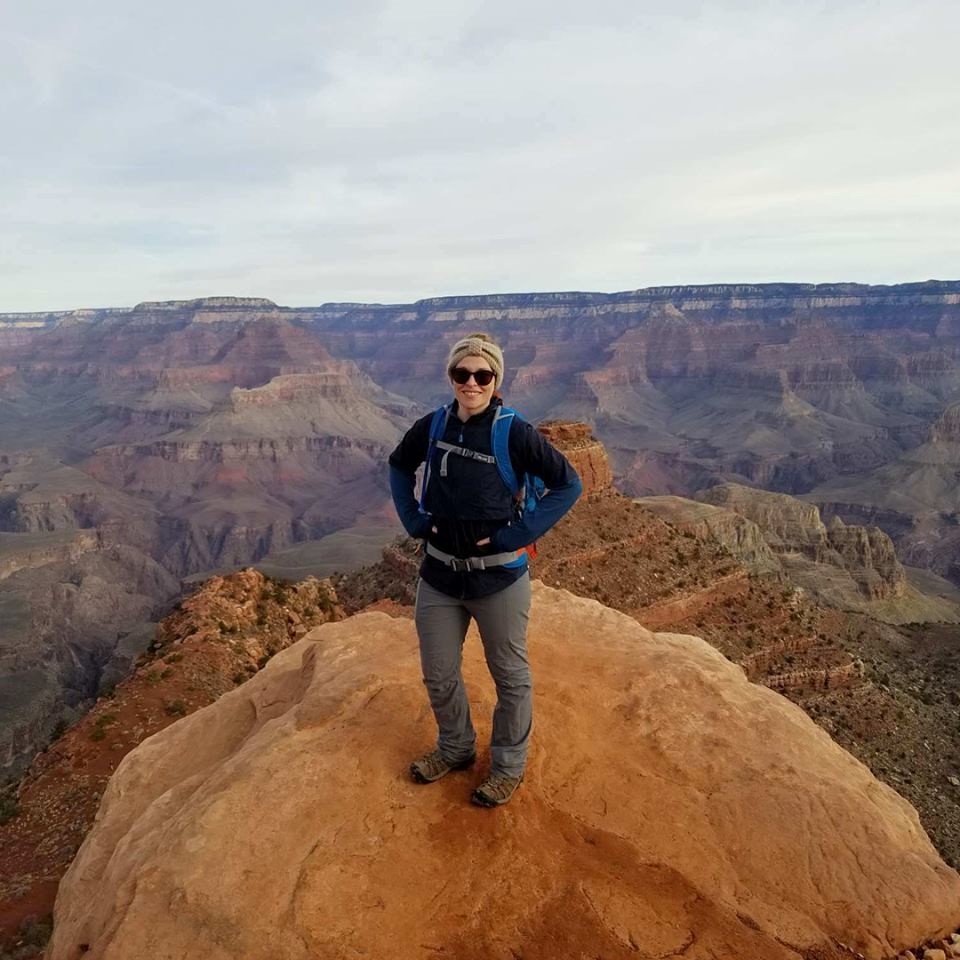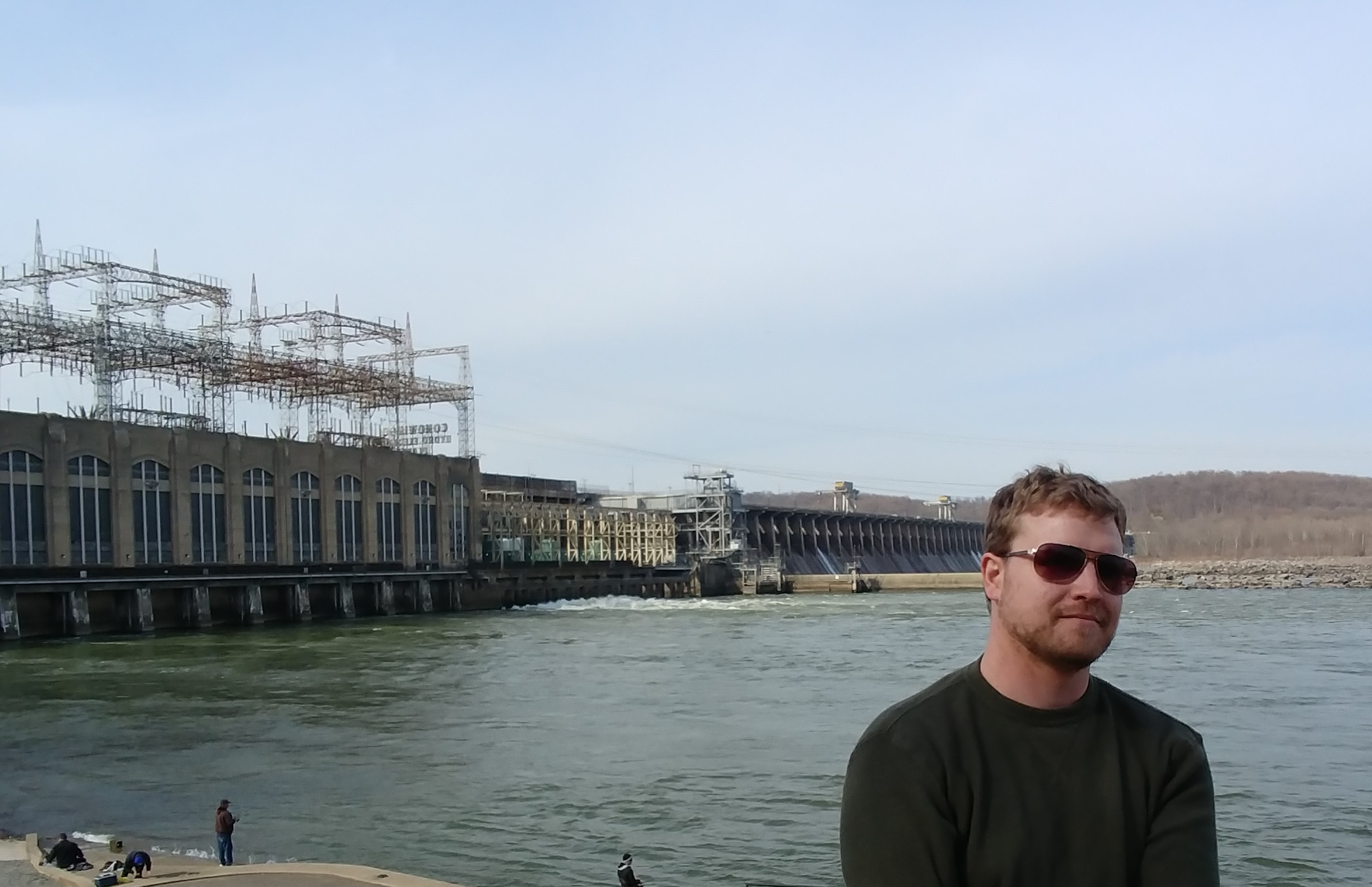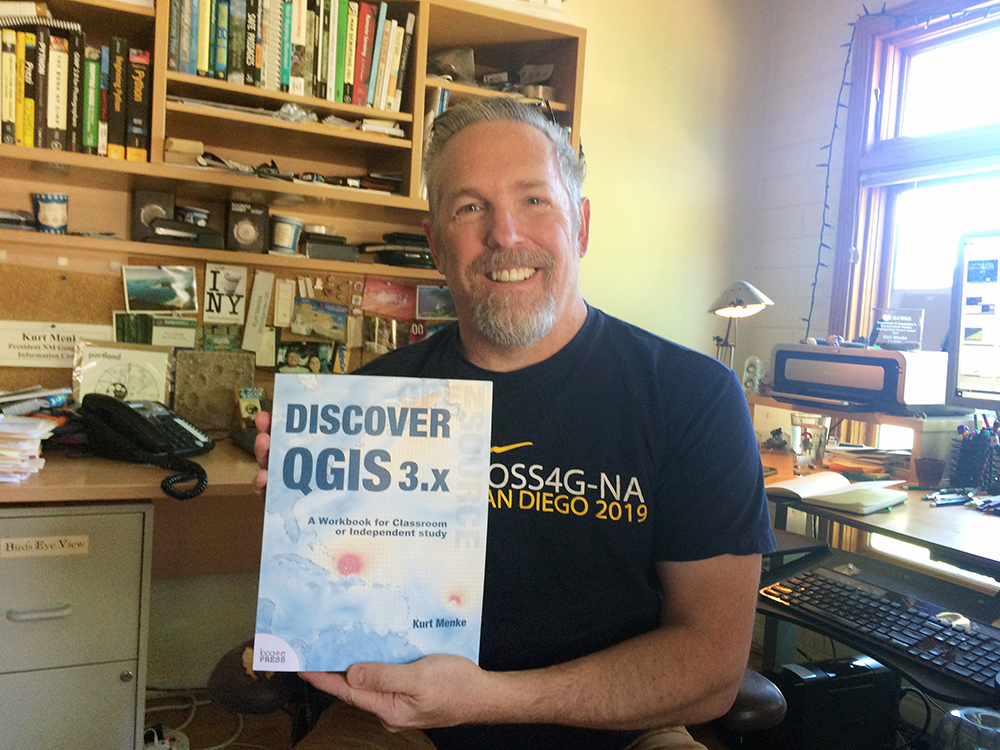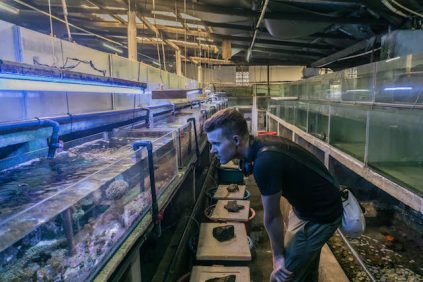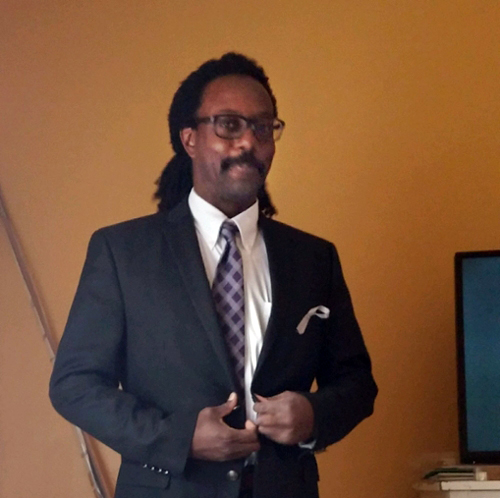GES Alumni
Read the GES Alumni Newsletter for news, events, & opportunities!
- Spring 2024 Newsletter
- Autumn 2023 Newsletter
- Winter 2023 Newsletter
- Autumn 2022 Newsletter
- Winter 2022 Newsletter
- Autumn 2021 Newsletter
- Winter 2021 Newsletter
Featured Alumni:
Aaron Russell | Bryce Risley | Chris Sylvan | Kurt Menke |
Laurel Ladwig | Courtney Wikle | ||
Laurel Ladwig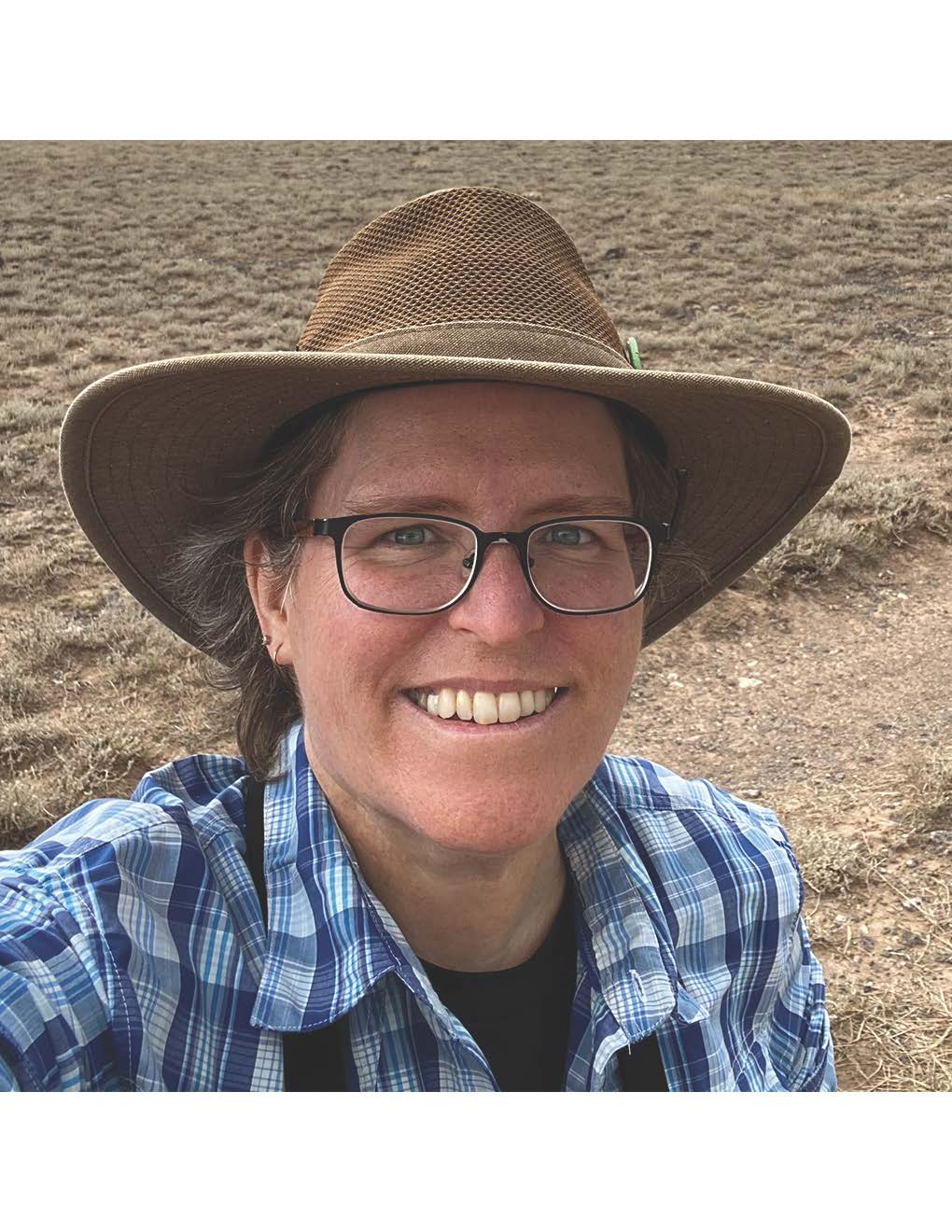 | Laurel Ladwig (M.S. Geography 2020) is the new Partnership Coordinator for the Albuquerque Backyard Refuge Program, an initiative to expand wildlife habitat in Albuquerque’s urban center. For the last couple years, Ladwig has served on the project’s core development team, helping to design an outreach program and certification process that encourages Albuquerque residents to make their yards suitable for a variety of wild species. With this new position, she moves into a leadership role focused on building partnerships with government agencies, educational institutions, businesses, and non-profits. As Partnership Coordinator, Ladwig will be able to rely on her own graduate research. Ladwig’s master’s thesis in GES implemented a large survey to gather information about Albuquerque residents’ willingness and motivation to participate in “wildlife gardening” in 2019. The survey results are directly relevant to the Backyard Refuge program and will contribute to Ladwig’s ability to implement an effective outreach program. She also remains connected to GES by volunteering as the communications executive for the new GES alumni group to bring you news updates and a quarterly newsletter. With a deep commitment to citizen science, Ladwig is always looking for ways to get new people involved in initiatives that highlight human-environment connections and relations. She helps organize the Rio Grande Nature Center’s annual BioBlitz, volunteers with the Valle de Oro National Wildlife Refuge, serves on the advisory committee for the Bernalillo County Master Naturalist program, leads bird walks, writes informational pamphlets, and design T-shirts, all with a goal of improving Albuquerque citizens’ connections to the wild environment. |
How to Subscribe to the Alumni Listserv
Individuals can subscribe to the list by sending a message to: listserv@list.unm.edu
- Leave the Subject field blank
- In the body of message type (with no other text): subscribe GEOG_ALUMNI-L Firstname Lastname
- Once the subscribe request is approved, a notification will be emailed to you

